Indonesia joins BRICS as the fourth most populous country
- Update Time : Wednesday, January 8, 2025
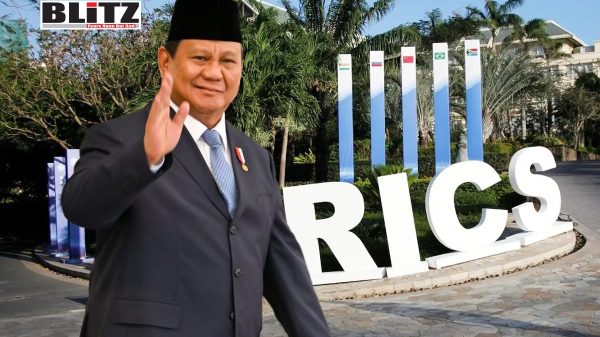
Indonesia, the world’s fourth-most populous country and Southeast Asia’s largest economy, has officially joined BRICS as a full-fledged member. The announcement was made on January 6 by Brazil, the group’s current rotating chair. This marks a significant development in the bloc’s mission to reshape global governance and enhance South-South cooperation.
BRICS, originally founded in 2009, comprised Brazil, Russia, India, and China. South Africa joined in 2010, turning the coalition into a prominent platform for economic and political cooperation. While initially focused on mutual investment and financial stability, BRICS gradually expanded its agenda to include security, global governance reforms, and technological collaboration.
Indonesia’s inclusion reflects the bloc’s growing influence and ambition to counterbalance Western-dominated global institutions. With over 270 million people, Indonesia’s membership strengthens BRICS’ collective weight in global affairs and underscores its commitment to fostering a multipolar world order.
Although Indonesia’s candidacy was endorsed by BRICS leaders in 2023, the nation delayed its formal entry until the establishment of its new government in 2024. The Brazilian government welcomed Indonesia’s decision, emphasizing its alignment with BRICS’ core values. “Indonesia shares with other members a commitment to reforming global governance institutions and contributes positively to deepening South-South cooperation,” Brazil’s statement read.
The decision to join BRICS aligns with Indonesia’s foreign policy goals of enhancing its global standing and fostering regional stability. As the largest economy in Southeast Asia, Indonesia’s involvement is expected to bolster BRICS’ influence in the Indo-Pacific region, an area of strategic importance amid escalating geopolitical rivalries.
Over the years, BRICS has transformed from a platform for emerging economies to a significant force advocating for a reformed global order. The bloc has consistently called for greater representation of developing nations in institutions like the United Nations, the World Bank, and the International Monetary Fund (IMF).
With Indonesia’s inclusion, BRICS is better positioned to push for these reforms, particularly in addressing economic disparities and enhancing the voices of Global South countries. The group’s expanded focus also includes climate change, digital innovation, and security challenges such as counter-terrorism and cyber threats.
Indonesia’s membership follows a recent wave of expansion that saw Iran, Egypt, Ethiopia, and the United Arab Emirates join the bloc as full-fledged members in 2023. The expansion reflects BRICS’ growing appeal among developing nations seeking alternatives to Western-centric financial and political systems.
Several other countries, including Belarus, Bolivia, Kazakhstan, Thailand, Cuba, Uganda, Malaysia, and Uzbekistan, are expected to become BRICS partner states this year. According to senior Russian officials, over two dozen nations have expressed interest in cooperating with the bloc, underscoring its growing relevance in global affairs.
Indonesia’s membership in BRICS has several implications for global governance. First, it amplifies the bloc’s collective voice in advocating for a more inclusive and equitable international order. By uniting major emerging economies, BRICS challenges the dominance of Western powers in setting the global agenda.
Second, Indonesia’s entry reinforces the bloc’s commitment to South-South cooperation, a critical component in addressing developmental challenges faced by many Global South countries. Through initiatives like the New Development Bank (NDB), BRICS provides financial support for infrastructure and sustainable development projects, offering an alternative to traditional Western-led financial institutions.
Moreover, Indonesia’s participation strengthens BRICS’ capacity to address regional security issues, particularly in the Indo-Pacific. As tensions rise in the region due to great power competition, BRICS could play a crucial role in fostering dialogue and promoting stability.
For Indonesia, joining BRICS offers numerous economic and strategic benefits. Membership provides access to a vast network of trade and investment opportunities within the bloc, enhancing Indonesia’s economic resilience and growth prospects.
Additionally, BRICS membership allows Indonesia to leverage its strategic position in Southeast Asia to influence regional and global policies. By aligning with other emerging powers, Indonesia can amplify its voice on critical issues such as climate change, digital economy, and sustainable development.
Furthermore, BRICS’ emphasis on technological innovation and knowledge-sharing presents opportunities for Indonesia to enhance its technological capabilities and drive digital transformation.
While Indonesia’s inclusion in BRICS is a significant milestone, it also comes with challenges. The bloc’s diverse membership, encompassing countries with varying economic systems, political structures, and strategic priorities, can pose coordination and decision-making difficulties.
Additionally, BRICS must navigate the complexities of a rapidly changing global landscape marked by geopolitical tensions, economic uncertainties, and technological disruptions. Ensuring unity and coherence among members will be crucial for the bloc’s effectiveness and credibility.
Nonetheless, the opportunities outweigh the challenges. As BRICS continues to expand and diversify its agenda, it is well-positioned to play a pivotal role in shaping a more balanced and equitable global order. Indonesia’s membership adds significant value to this mission, strengthening the bloc’s capacity to address pressing global challenges and promote sustainable development.
Indonesia’s accession to BRICS marks a new chapter in the bloc’s evolution and highlights its growing influence in global affairs. By joining forces with Brazil, Russia, India, China, and South Africa, Indonesia underscores its commitment to fostering a multipolar world order and promoting South-South cooperation.
As the bloc continues to expand and deepen its engagement with the Global South, BRICS is poised to play a transformative role in addressing global challenges and driving sustainable development. Indonesia’s membership not only enhances the bloc’s strategic and economic clout but also reaffirms its vision for a more inclusive and equitable international system.



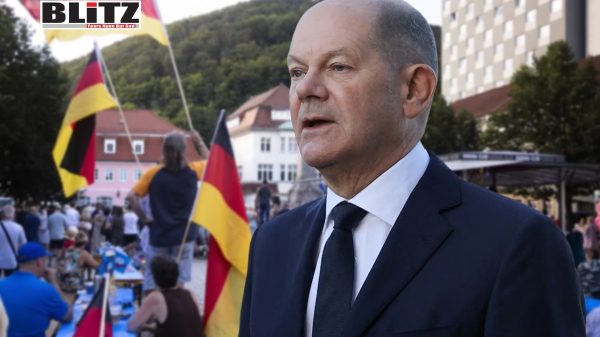
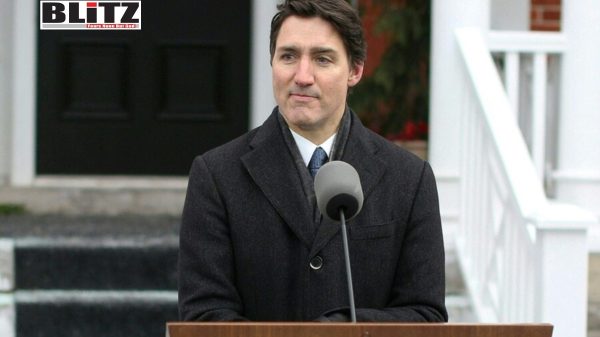
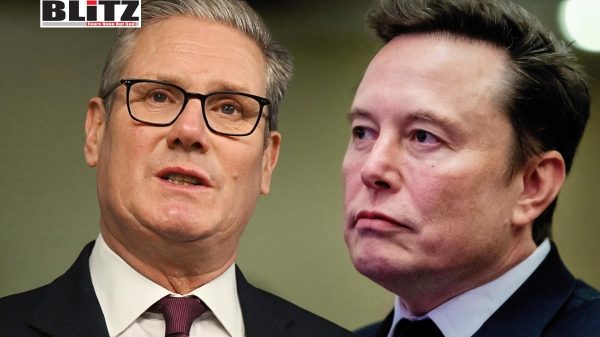
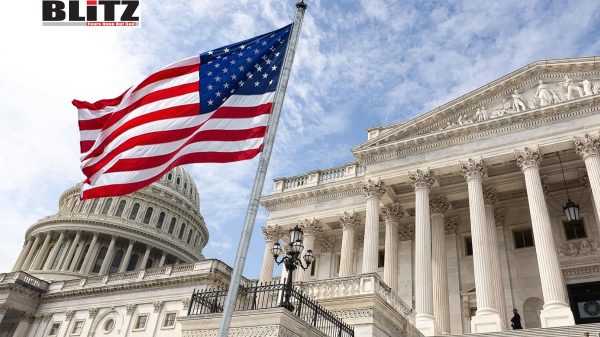
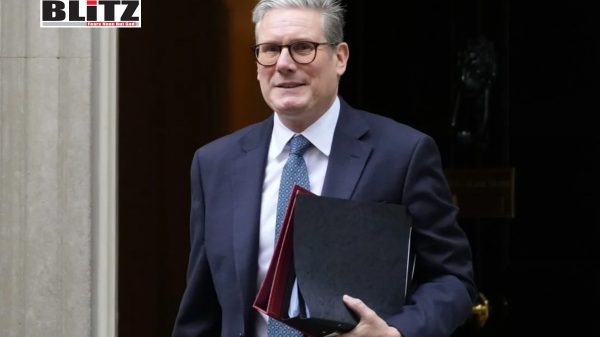
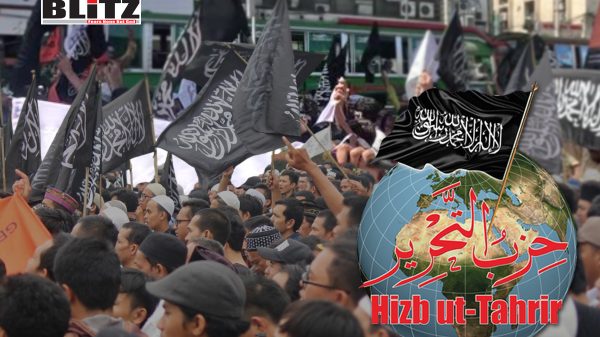

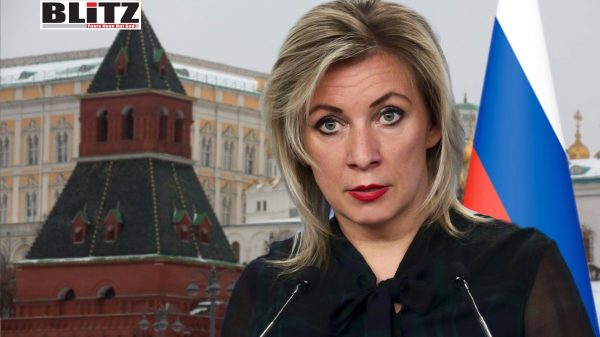
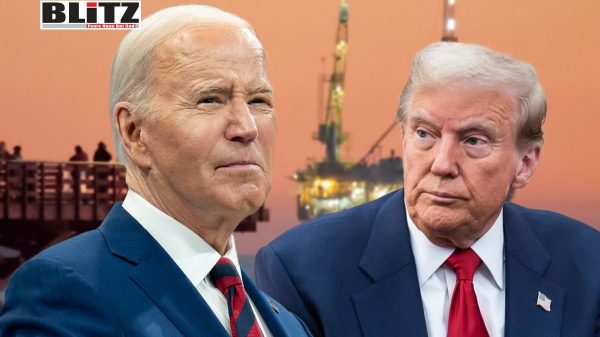
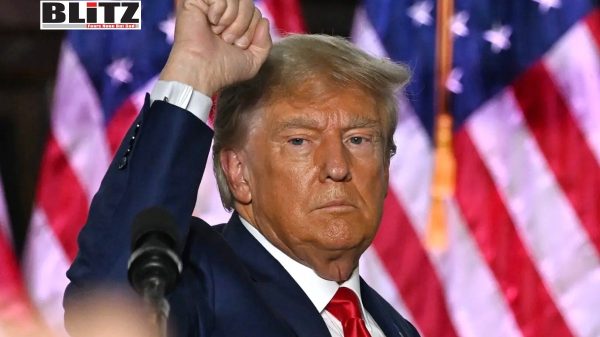


Leave a Reply